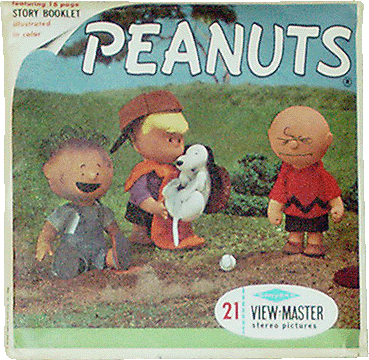
There's a new book about one of my favorite cartoonists and yours, Charles Schulz, the inventive creator of the landmark comic strip Peanuts. Schulz's second wife, Jean Schulz, has praised writer David Michaelis for his research.

(In a lovely touch, it appears that the last book Schulz read before his 2000 death was Michaelis' previous biography, of N.C. Wyeth.)

Schulz's son Monte and daughter Amy, however, have voiced objections to the book, which they feel over-psychoanalyzes their father, especially since Michaelis never met the man. Monte also suggests Michaelis may have been "manipulated" by some of those he interviewed.

Reading their comments, I'm reminded of the anger friends & family of John Belushi attached to Bob Woodward's grim biography, Wired.
As there, the failings in the Schulz book as his children see it appear to be not so much about factual inaccuracies or details but about spin.
It seems there will always be at least some slight disconnect when it comes to the private worlds of public men. The comic strip was turned into View Master sets (I had the one you see at the top of this post), movies, etc, and became a shared experience. So too is the life of the cartoonist open to interpretation.
Amy Schulz Johnson rejects the possibility that she has idealized her father, or that this is why she doesn't see him as the author of this book has.
Here I'm reminded of Nancy Sinatra's insistence that the stories about Frank (a Peanuts fan, BTW) were not true. This always seemed to me to be explained away by the obvious conclusion that there are certain things a father does not do in front of his daughter.
Bill Watterson, creator of the comic strip Calvin and Hobbes-which certainly approached Peanuts in quality if not in quantity-reviews the Schulz book here.
I had already ordered it from my library, but after reading his review, I'm even more anxious for the book to become available. He says the book emphasizes how Schulz put his heart into his cartoons in more and greater ways than we imagined. Such devotion could only be met in kind.
I love the work of Charles Schulz. I think he was a genius. One reason I think that is because, at least professionally-also like Sinatra-he was able to achieve an ideal.
Something which eluded Belushi (or that his addictions hid from him) on all but the rarest of occasions. I'm sad every time I think about the ill-uses to which he put his charms.
I believe there is very little I could read about Schulz's failings that would affect my view of him as a winner, as un-Charlie Brownlike as that might sound.
But I will probably read this book with at least an average-sized chip of skepticism on my shoulder. This isn’t a bad way to read anything, really.

No comments:
Post a Comment